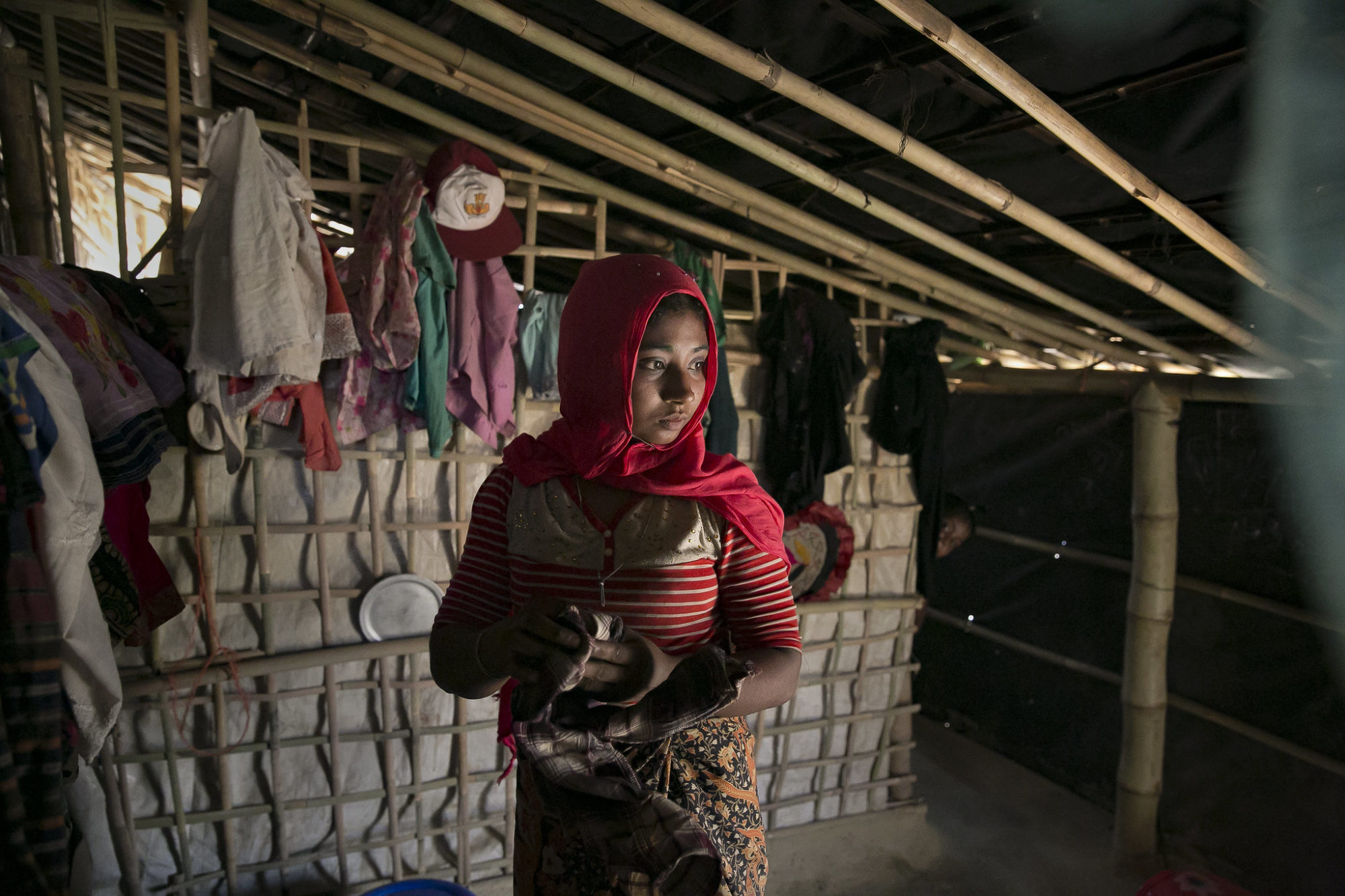This year marks the 25th anniversary of the 1994 International Conference on Population and Development (ICPD), and without missing a beat the Trump Administration has pounced on yet another opportunity to renege on US global commitments to sexual and reproductive health and rights.
In the lead-up to the United Nations General Assembly high-level meeting on universal health coverage, which took place on September 23, US Secretary of State Mike Pompeo and Secretary Alex Azar of the US Department of Health and Human Services sent a joint letter to governments asking that they join the US in rejecting longstanding global commitments to sexual and reproductive health and rights and gender equality.
The letter, followed by Secretary Azar’s remarks at the UN on Monday, is the latest exploit in the Trump administration’s crusade to dismantle global sexual and reproductive health and rights.
One might believe that the US government had nothing to do with the 1994 global affirmation of sexual and reproductive health and rights that happened 25 years ago at the International Conference on Population and Development (ICPD) in Cairo, Egypt.
But make no mistake, the US government was in Cairo in 1994 and joined the consensus with more than 170 other countries affirming sexual and reproductive health and rights for all. As a donor country, US support was not just symbolic. What the US government agreed to was not only to adopt the SRHR framework and translate it into US domestic and foreign policies, but also to fund it.
This milestone and unprecedented achievements in women’s rights and sexual and reproductive rights were possible due to the leadership and mobilization of the global women’s movement led by women’s groups in the Global South.
What was significant about the ICPD, and why it was so important for the US to join the consensus, is that it sparked a monumental paradigm shift away from demographic-centered population and development policies toward an emphasis on women’s political, social, economic and health empowerment and human rights. This paradigm shift took family planning out of a racist population control context and put it into a broader context of sexual and reproductive health and rights, and couched reproductive health as an integral part of primary health care. Most strikingly, at ICPD, the global community affirmed that making women and gender equality central to health and development was critical to achieving the proposed 20-year plan.
This milestone and unprecedented achievements in women’s rights and sexual and reproductive rights were possible due to the leadership and mobilization of the global women’s movement led by women’s groups in the Global South.
Organizations like DAWN (Development Alternatives for a New Era) founded by Gita Sen of India, SOS Corpo co-founded by Sonia Correa of Brazil, and US groups like the International Women’s Health Coalition and Women’s Environmental and Development Organization, and many other feminist groups from Latina America, Africa, Middle East, and South Asia, together built an international feminist consensus on women, health and rights. Like the Center for Health and Gender Equity, these organizations believed that no matter how challenging it would be to shift the focus of population policy from fertility control to sexual and reproductive health and rights (the objective at Cairo), the real challenge would be translating any policy shifts that were achieved into practice.
And in countries and regions where sexual and reproductive health and rights have been embraced, there has been a tremendous success: We have seen major shifts in global agreements that embrace sexual and reproductive health and rights just as donor governments have increased investments globally in family planning, HIV prevention and treatment, and maternal health. We have seen an increase in access to family planning and a decrease in maternal and infant deaths. Furthermore, from Colombia to Uruguay, Ethiopia, Mozambique, South Africa, and Cambodia, dozens of countries across the globe have liberalized abortion laws.
While there is progress to be celebrated, there is still more work to be done. We still have not seen practical results for the majority of women and girls worldwide who still experience unacceptably high rates of maternal deaths, unsafe abortions, unmet contraceptive needs, and HIV infections among women and girls.
Consider the following: In developing regions, 214 million women want to avoid pregnancy but have an unmet need for modern contraception. What’s more, approximately 830 women die every day from preventable causes related to pregnancy and childbirth. In 2015, it is estimated that 303,000 women died during or after pregnancy and childbirth with the vast majority of these deaths occurring in low-resource settings. There are between 22,800 and 31,000 maternal deaths related to unsafe abortion each year, and among women age 15-29, HIV is the fourth leading cause of death. Among women aged 30-49, HIV is the primary leading cause of death.
It is this reality that makes the Trump administration’s latest efforts to undercut US global agreements so egregious, and frankly dangerous. But twenty-five years later, we will still continue to defend it. Wherever the Trump Administration shows up to flaunt these agreements and undermine global consensus the people who have seen this SRHR framework work will continue to defend it and build a better world for women, girls and us all.
Serra Sippel is the President of the Center for Health and Gender Equity (CHANGE) and leads the organization’s advocacy agenda to advance gender equality by promoting sexual and reproductive health and rights globally. The Center for Health and Gender Equity also celebrates its 25th anniversary this year.





















